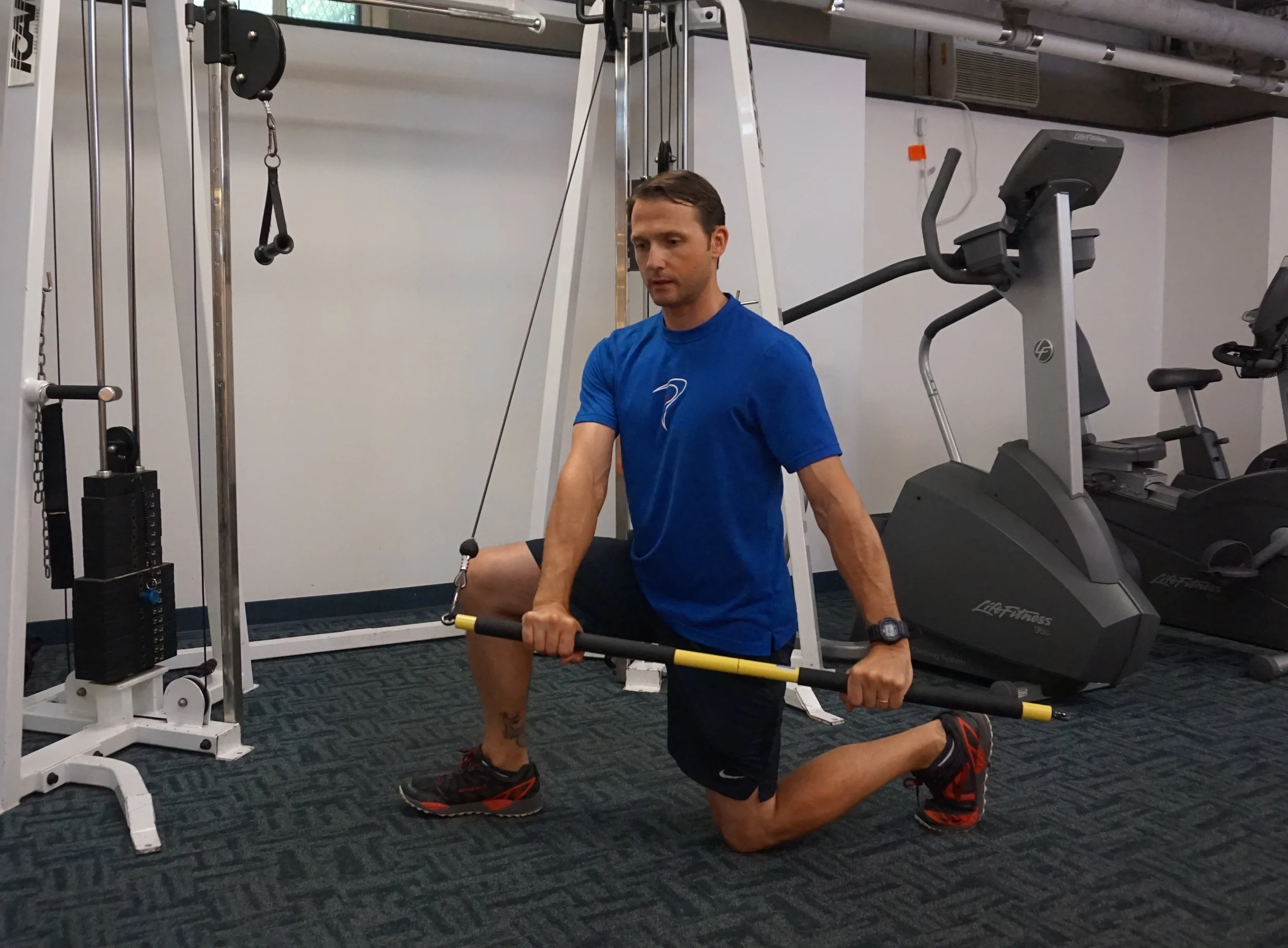FMS is a method of evaluating your ability to move efficiently, which is essential to your success.
The FMS program is designed to create or restore proper patterns of movement, which will lower your chances of injury.
Will Brett applies FMS methodology along with TPI screenings to further refine your training program for maximum performance.
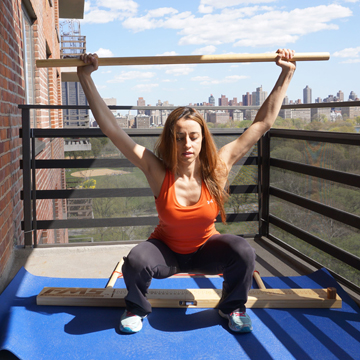
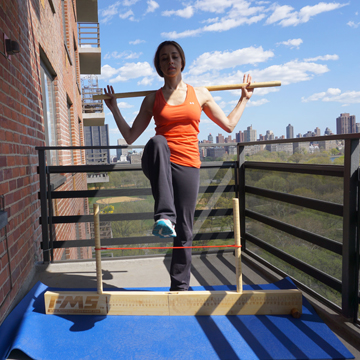
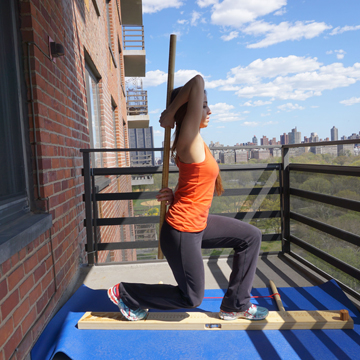
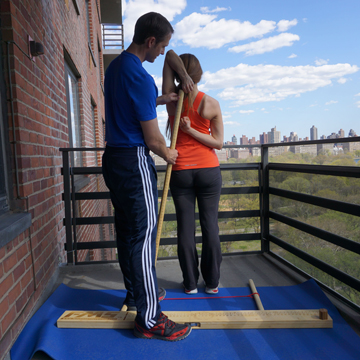
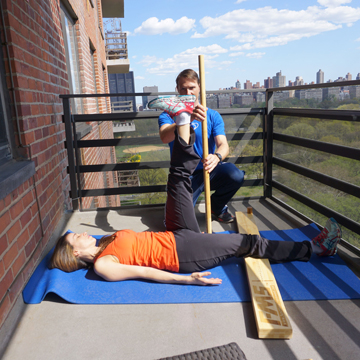
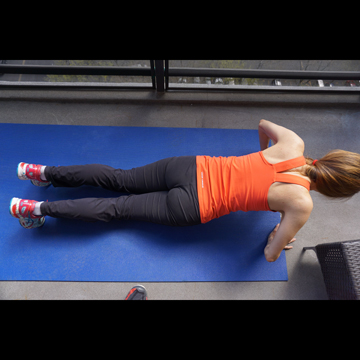
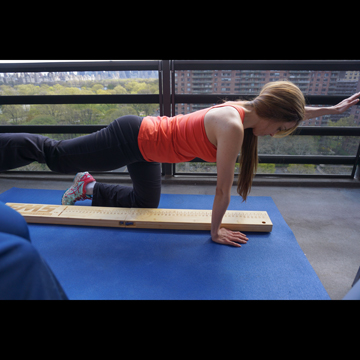
Functional Movement Systems—and its Functional Movement Screening—were introduced in 1995 to promote the collaboration between performance and rehabilitation professionals.
By combining the best of their techniques, clients are more likely to maximize their performance without injury.
FMS is useful for everyone: golfers, non-golfers, weekend warriors and pro athletes. If you are worried about being out of action, being out of shape, or have had a history of muscular injuries, employing FMS will add another dimension to your personalized training program. (Will recommends your checking with your healthcare provider before engaging in physical conditioning activities if you have a history of injuries or a medical condition.)
Will Brett uses FMS as a supplemental test to the TPI screenings to evaluate you further for asymmetries or improper movement patterns. If any physical restrictions are identified, corrective exercises are used to realign posture and balance to your body.
Once you have restored function to your problem areas you can proceed to develop your strength, power and overall fitness.
The FMS screen, which takes around 20 minutes, is a series of seven movement tests that require a balance of mobility and stability. The screen rates and ranks fundamental patterns of movement and motor control.
The results will show any problems or points of pain within your basic movement patterns. Those who score poorly on the screen, whether an athlete or not, are compensating every day for these limitations—often without realizing it—and over time may experience debilitating injuries.
Incorporating a regimen of corrective exercises to your workout routine can restore optimum movement and prevent the likelihood of injuries due to imbalances.
Patterns of Movement Tested
- Deep Squat
- Hurdle Step
- In-Line Lunge
- Shoulder Mobility
- Active Straight Leg Raise
- Trunk Stability Push-Up
- Rotary Stability
For more information please visit www.functionalmovement.com

